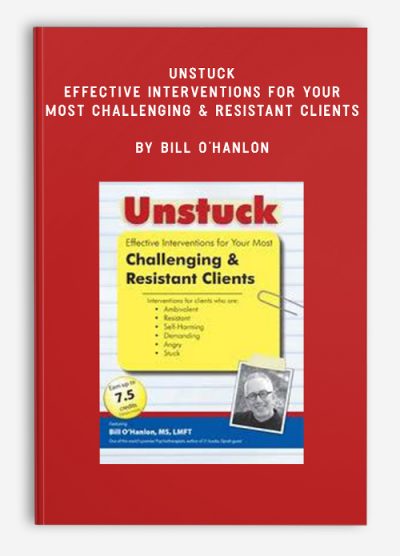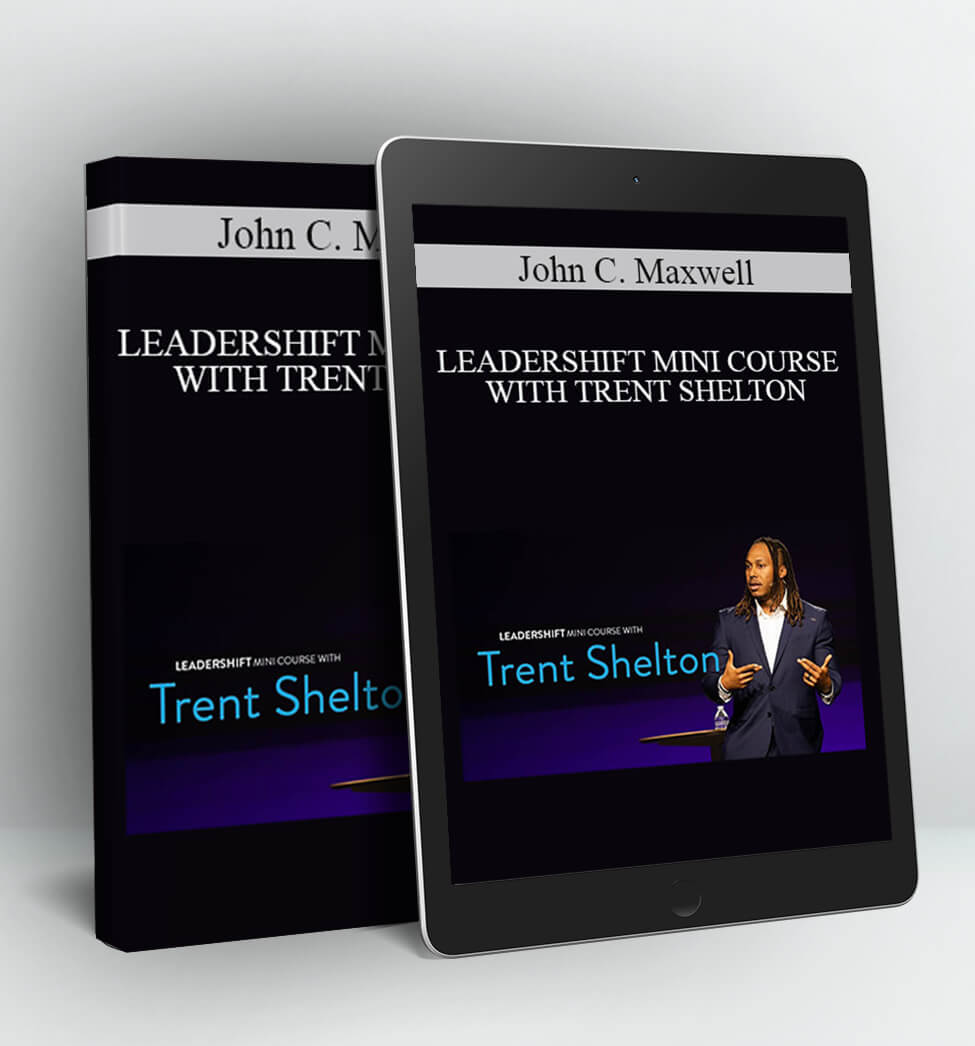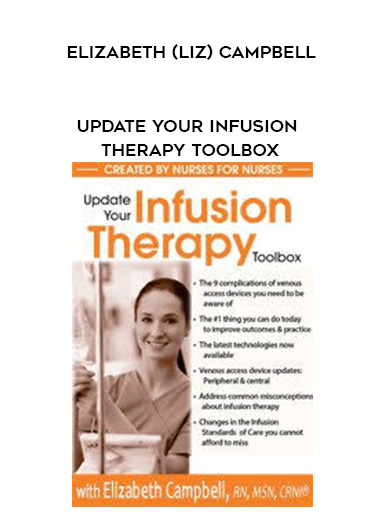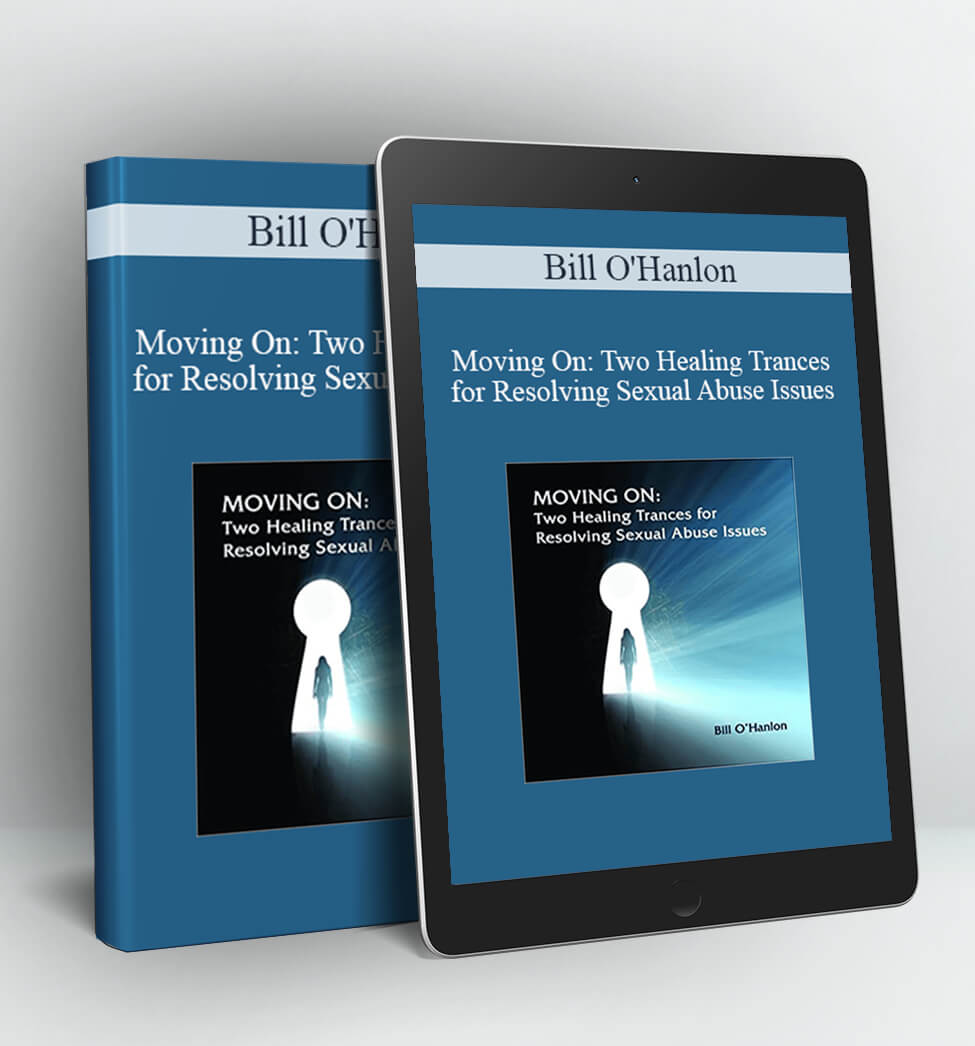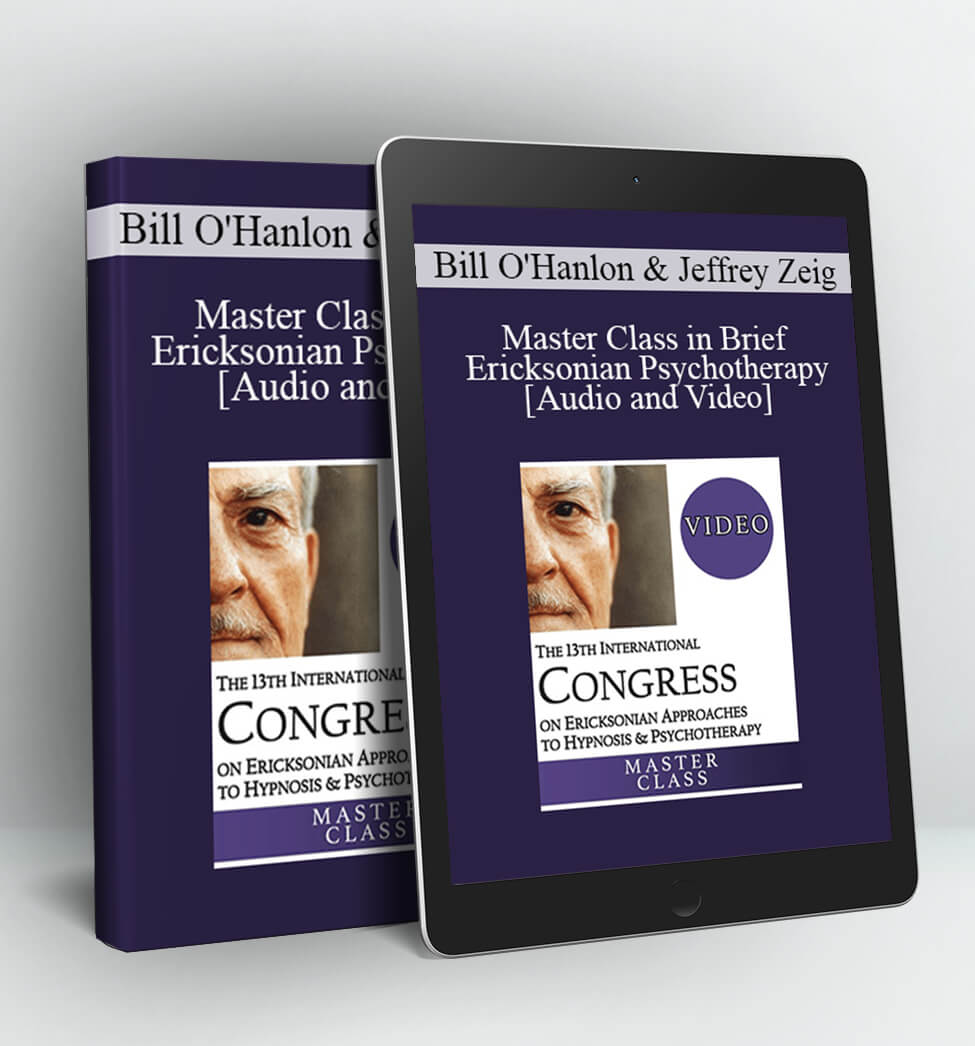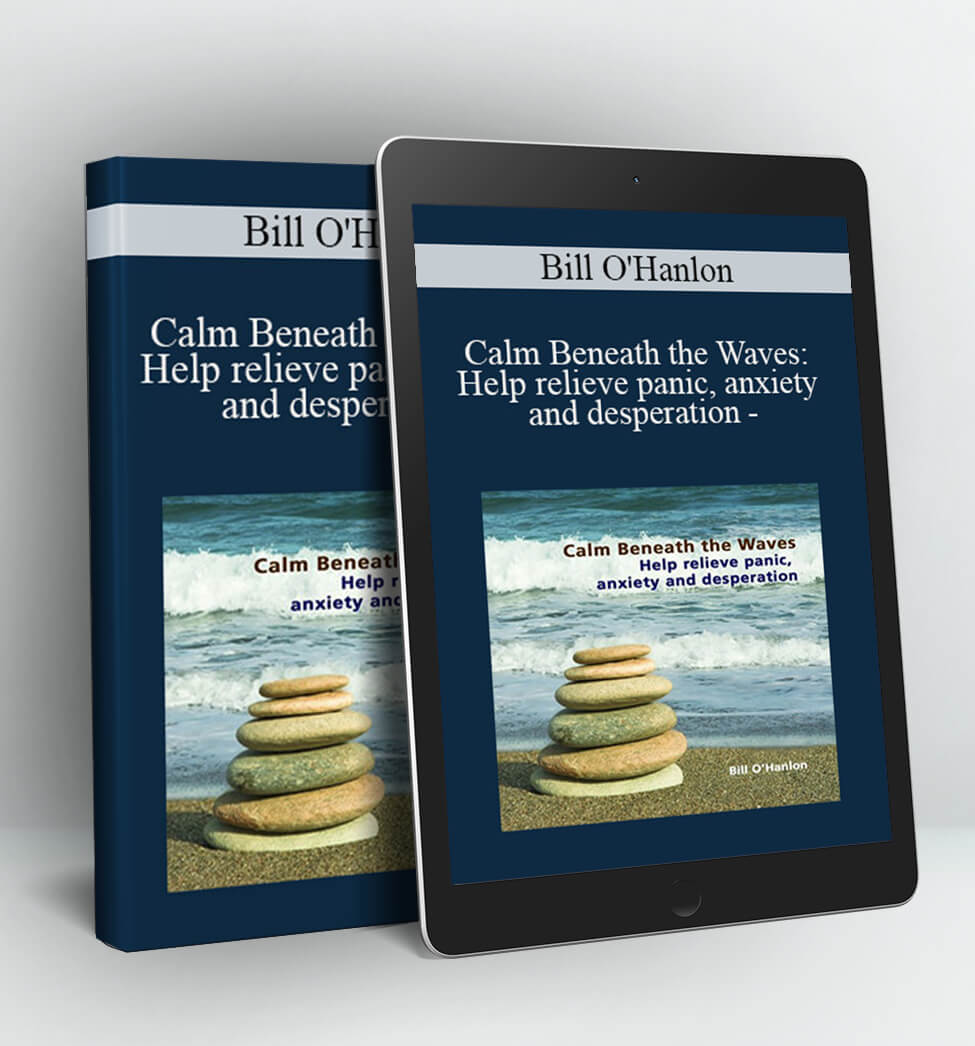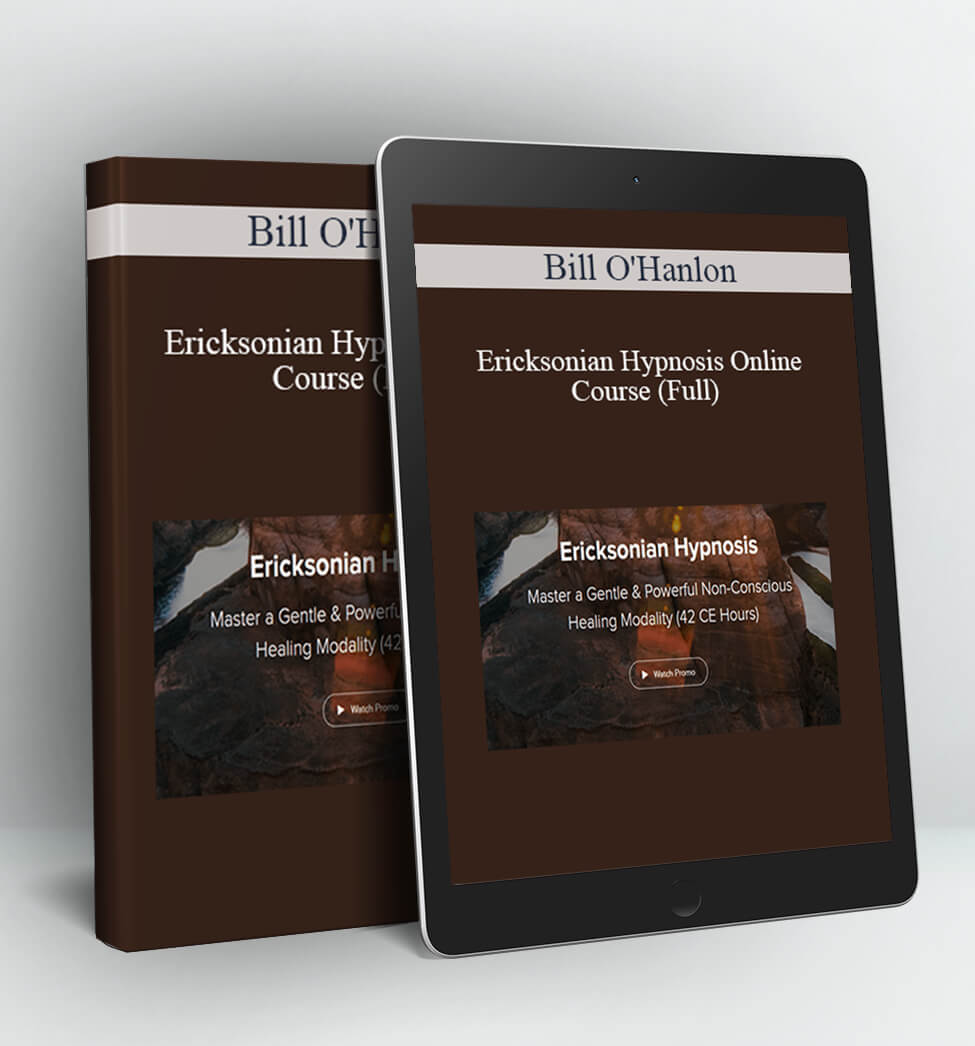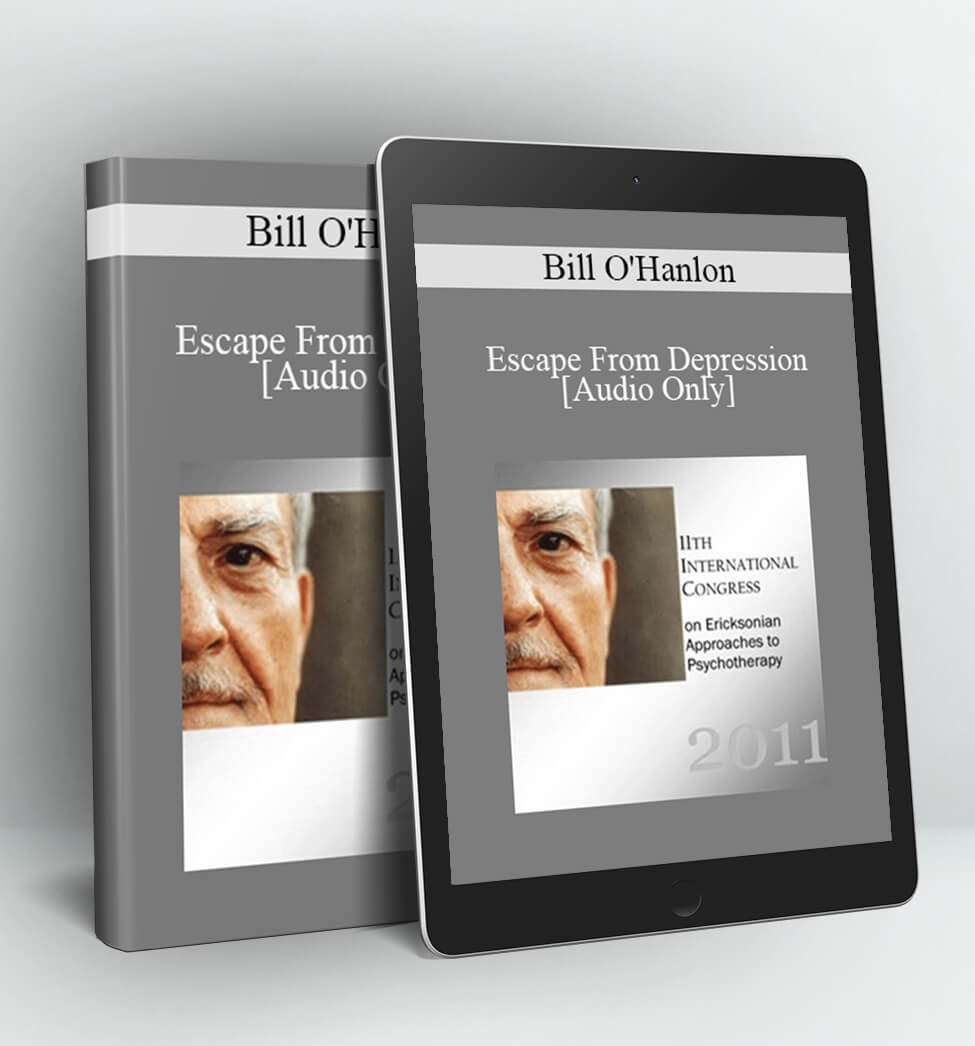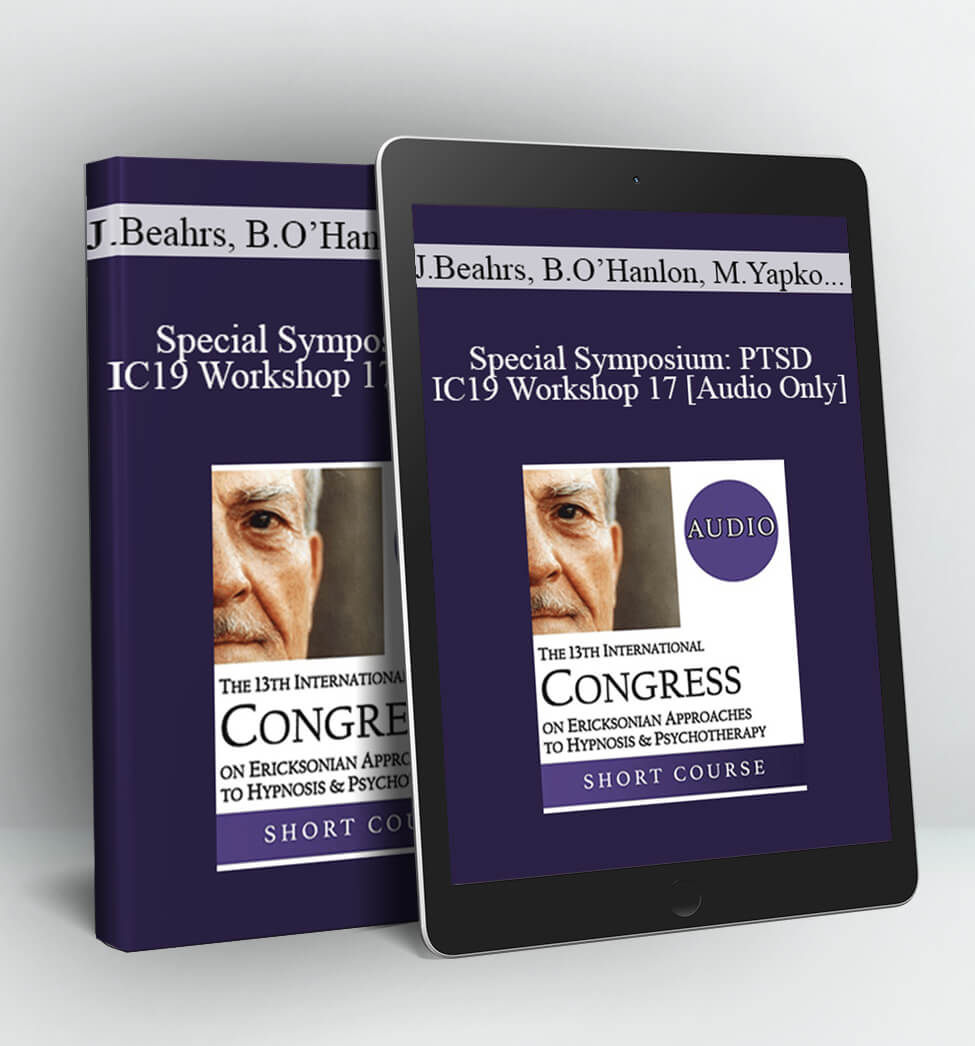Unstuck: Effective Interventions for Your Most Challenging & Resistant Clients – Bill O’Hanlon
Featuring Bill O’Hanlon, MS, LMFT
Psychotherapist, author of 29 books, Oprah guest
Interventions for clients who are:
- Ambivalent
- Resistant
- Demanding
- Angry
- Stuck
- Self-Harming
All of us sometimes get stuck. Certain clients or patients hook us; some don’t change despite our best efforts; some are angry and resistant to our usually successful interventions. These clients include:
Ambivalent clients: Mixed in their efforts or motivations; wrestling with inner conflicts, want to change and don’t want to change or afraid to change
Resistant clients: Who don’t do what you have asked or suggested to make change happen
Demanding clients: Who ask more of you than it would be appropriate to give or express dissatisfaction with your efforts, no matter how great
Angry clients: Who blame you or regularly criticize you
Stuck clients: Who are sincere in their efforts but no results
Self-harming clients: Who hurt themselves or threaten to during treatment
This program offers ten-plus innovative ways of getting unstuck, decreasing resistance and increasing positive results in your work. It also focuses on what therapists can do to keep themselves alive in this challenging work. Whether you are working with borderline issues, trauma survivors, substance abusers, self-hatred or self-harm, you will learn the latest most effective and empirically supported inventions to move clients towards change and optimum outcomes.
Bill O’Hanlon, one the world’s premier educators and psychotherapists, makes learning fun, using humor and multi-media elements including movie clips, poetry and music, and always packs his presentations with content.
GET UNSTUCK: EFFECTIVE INTERVENTIONS FOR YOUR MOST CHALLENGING & RESISTANT CLIENTS OF AUTHOR BILL O’HANLON
- Identify the three empirically supported methods of influence and persuasion.
- List three elements of effective storytelling for change.
- Use three methods of strength- and solution-based therapy.
- Identify 5 methods of acknowledgment that also introduce possibilities.
- Describe how you can overcome therapeutic biases or habits that interfere with clinical results.
Problems Originating with Clients
Effective Responses:
- Inclusion as an effective response to ambivalence, resistance, self-harming and inner conflicts
- Permission/Inclusion of Opposites/Exceptions
- Evocation of motivation as an effective response to resistance
- Clear contracts as an effective response to demanding, self-harming and angry clients
- Using social influence principles to increase cooperation
- Coming in Through the Side Door: Two indirect approaches to effectively decrease resistance
- Storytelling/Presupposition and Positive Expectancy
- Evoking and connecting with resources and strengths to effectively decrease resistance
Problems Originating with Therapists
- The Resistant Therapist: Recognizing where you might be creating resistance
- Creating clarity for beginnings and endings of your work with clients
- Recognizing and correcting your vulnerabilities and weak areas with clients
- The Law of Requisite Variety: Developing flexibility as a therapist to increase effectiveness with challenging clients
- Psychotherapy Outcomes Research Update: What works and how knowing it can help you be more effective (and relax)
- You Can’t Save Everyone: Recognizing your limits and developing self-compassion

